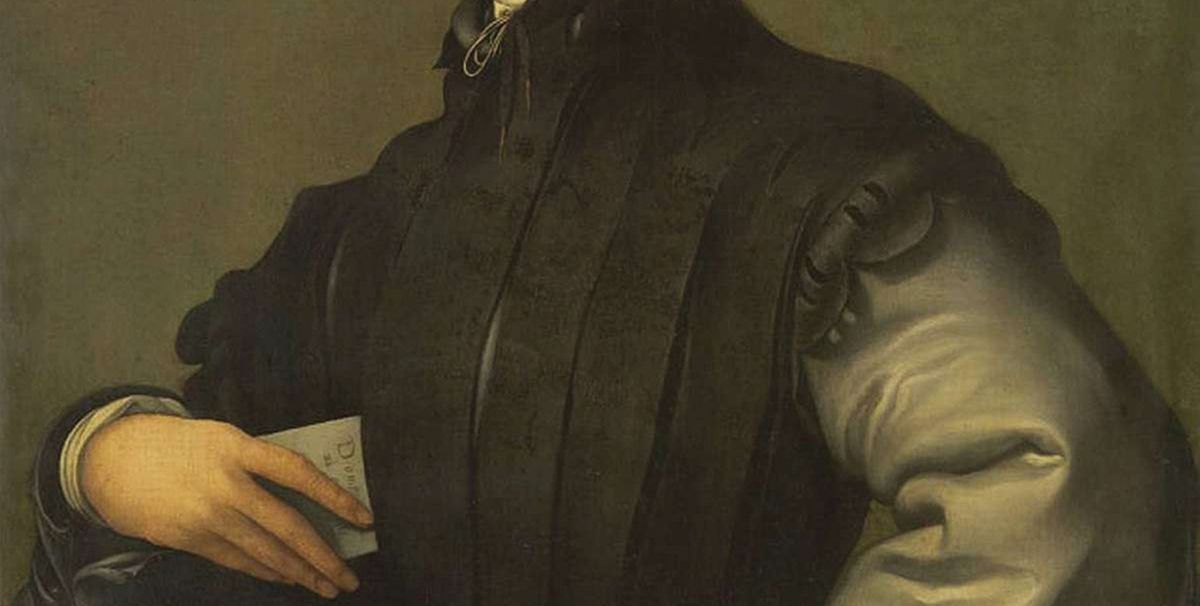Tom Hill, the American hedge fund manager who paid over £30m for a Pontormo portrait, is refusing to accept a matching offer from London’s National Gallery. Never before has a UK museum been thwarted in buying an export-deferred artwork after successfully raising a sum of this magnitude.
Hill argues that if he accepts the National Gallery’s offer, he would lose over $10m, because of the fall in the value of the pound. His spokeswoman revealed to The Art Newspaper: “Mr Hill has declined to accept the National Gallery’s offer to purchase the Pontormo, given the offer would have resulted in a material loss.” As a result of Brexit, Britain’s vote to leave the European Union, a major New York collector and a leading London museum are now set on a collision course.
As The Art Newspaper has reported, the National Gallery raised £30.7m to make a matching offer for Pontormo’s Portrait of a Young Man in a Red Cap (1530). Two years ago the painting was sold to Hill by the Earl of Caledon, whose family had owned it since 1825. Last July, in an unprecedented move, the Treasury offered the gallery a grant of nearly £19m to effectively reimburse it for a major tax concession which had been lost because of the way the sale had been arranged. The gallery still needed just under £12m to make a matching offer, and this was partly raised with grants from the Heritage Lottery Fund and the Art Fund.
The problem is that Hill’s wealth is in dollars, and when the UK arts minister deferred an export licence in December 2015 the price was (as always) set in pounds. Since then sterling has slumped, mainly because of Brexit, and therefore a matching offer would mean a $10m loss for Hill. He argues that the National Gallery should make up this sum.
However, Hill’s stand represents a breach of the UK export system. The records of the Export Reviewing Committee on the Pontormo state that “the applicant confirmed that the owner would accept a matching offer at the price recommended by the committee”. The committee’s recommended price, accepted by the government, is £30.7m.
Hill is not compelled to accept a matching offer, but if he does not then the Pontormo will almost certainly be refused a permanent export licence and will therefore need to be retained in the UK.
The spokeswoman for Hill says that he is “willing to lend the work for display in the UK, Europe and the US”. But a National Gallery spokesman says that “there are no plans to borrow the painting at this time”, and other UK museums might well be reluctant to borrow the Pontormo because of the controversy.
Hill has close links with New York’s Metropolitan Museum of Art and is also planning to set up his own museum in New York, possibly later this year. But if an American or European museum wants to borrow the Pontormo, this would require a temporary UK export licence. It is unclear whether even a temporary licence would be granted in the circumstances.


